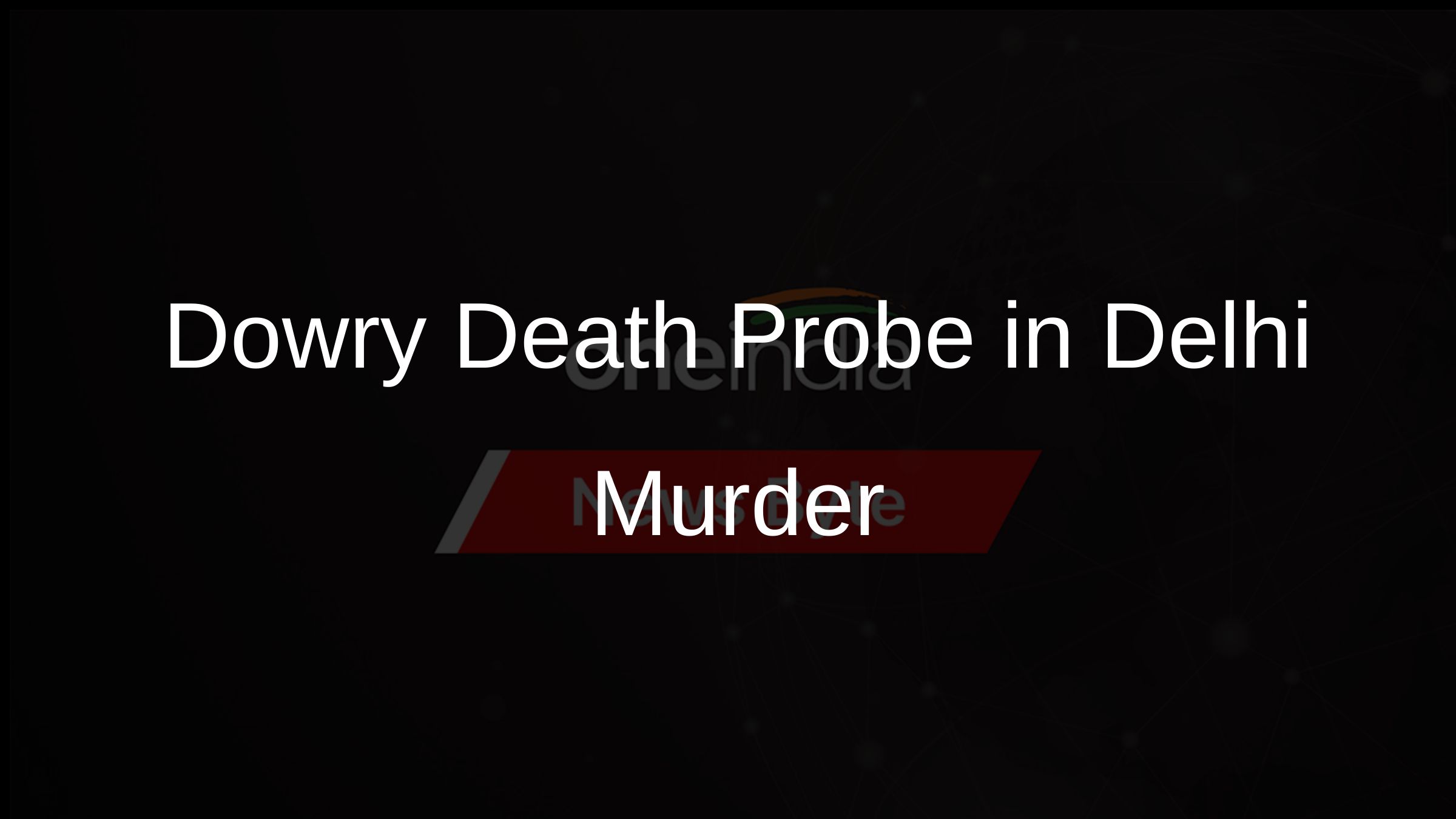Energy tension to dominate G8 meeting in Russia
Moscow, June 7 : Heated debate about the security of the world's energy supplies will dominate the agenda when G8 finance ministers meet this week to prepare the ground for the group's annual summit next month.
With the world economy growing at a healthy pace, the focus is shifting to worries about inflation and a perennial debate about how to correct imbalances in the global economy, such as a huge US trade deficit.
But, as at the finance meeting hosted by Russia in February, the June 9-10 talks in St Petersburg may be an awkward place to make progress, given Russia's second-class status in the bloc and controversy over its reliability as an energy supplier.
A source at one European G8 country said Russia wanted to issue two communiques on Saturday, one on the world economy and another on energy. The second had met opposition from the United States, France, Italy and Germany, the source added.
Finance Minister Alexei Kudrin has put a brave face on his role as host of ministers from the old G7, but with central bankers absent and the traditional main course of currencies off the menu the meeting's fare is likely to be spartan.
Kudrin suffered the embarrassment of learning that G7 finance ''sherpas'' had secretly met on the eve of February's meeting from a reporter's question at the event's closing news conference.
And he has no illusions that, once Moscow's inaugural annual presidency of the 'political' G8 ends, Russia will revert to having a lesser role in the G7's finance deliberations.
''The next meeting will return to the G7 format and Russia will participate almost fully, with the exception of one or two questions,'' Kudrin told a news briefing yesterday.
''Russia's involvement in the world economy creates greater chances that we will join in full in the future.'' ENERGY
CONTROVERSY
President Vladimir Putin put energy security at the top of his G8 agenda, hoping to leverage Russia's role as the world's No.2 oil exporter and supplier of a quarter of Europe's gas into greater international influence.
But energy quickly turned into a political boomerang when Russian gas monopoly Gazprom turned down the taps in a New Year pricing row with Ukraine which disrupted exports to Europe for the first time in four decades.
Europe has scrambled to seek alternative supplies, while US Vice President Dick Cheney accused Russia of using energy as a tool of ''intimidation and blackmail'' against its neighbours. Tempers have cooled of late, and the debate has moved towards finding ways to implement the International Energy Charter, a document signed but not yet ratified by Russia which calls for open access to energy resources and pipelines.
Putin, at a Russia-EU summit last month, said he was ready to discuss implementing the charter but said he would only consider breaking Russia's gas export monopoly if Gazprom gains access to distribution and marketing assets in Europe.
DEMAND SECURITY Kudrin said energy was a two-way street, and that exporters needed ''security of supply'' to justify major investments to meet growing demand that has pushed oil prices over 70 dollars a barrel.
''The rise in energy prices over the past year wasn't a supply shock, but a demand shock,'' Kudrin said.
He also played down the chances that foreign companies might gain access to Gazprom's export pipelines soon, adding that the energy charter needed a lot more work done on it.
In their February communique, finance ministers highlighted the risks from high and volatile energy prices.
But the IMF in any case recently raised its forecast for world economic growth this year from 4.3 per cent to 4.9 per cent, well above the average annual growth rate of the last 30 years.
With Henry Paulson still to be confirmed as US Treasury Secretary, the outgoing John Snow will come to St Petersburg, reducing the likelihood of major statements on the weak dollar.
China, India, Brazil, Australia, South Korea and Nigeria will join wide-format discussions. Also attending will be officials from Austria, current holders of the European Union presidency, the European Commission, IMF, World Bank and OECD.
Reuters
Related
Stories
Russia
divided
on
Iran's
nuke
ambitions:
Bolton


 Click it and Unblock the Notifications
Click it and Unblock the Notifications




